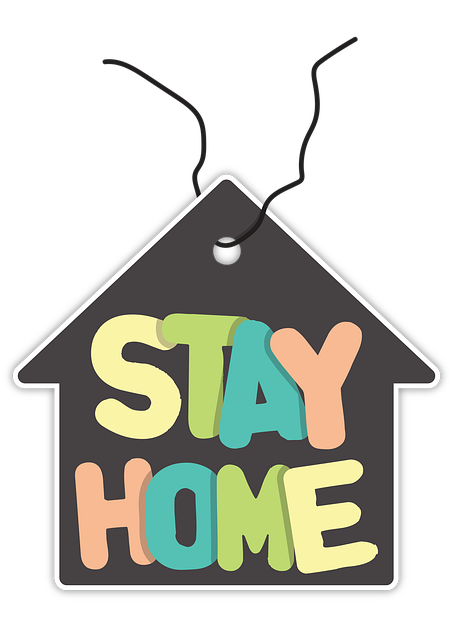Isolation Learning Overview COVID 19
At the current time individuals or classes of children may be unable to attend school as a result of responses to the coronavirus pandemic.
As a school we need to ensure that children's learning is not disrupted and we have plans in place to meet individuals learning needs.
This page of the website will be the link page for support at these times and school will talk to parents about learning for these children.
During the school closures from March- September 2020 the Government provided advice to parents about supporting children of different ages. This guidance remains useful as it explains the support children will need to learn successfully at home.
The best way to help children aged 4 to 7 learn is to:
- sit with them as they work
- do active and practical things, rather than trying to make them sit and listen for long periods
- try to break down the work into shorter periods, based on how long they can concentrate
- take frequent breaks
- praise or reward them when they do well
Talking
Talk with your child throughout the day and explain new words. For example, discuss the things you’re doing and pick out words that might be new to them.
Reading together
When you read with your child try to:
- express the emotion in the story
- give colour to the characters using voices, tone and pace
- discuss the things you’re reading
- explain any new words and ask your child to say them out loud
You can make a story more interesting and help your child develop their understanding of a book by linking what you’re reading to real life. For example, while reading about Cinderella going to the ball, talk about how a ball is similar to a birthday party.
Ask your child questions about what you’re reading as you go. For example:
- ask some questions that only need a short answer, such as what colour something is, or the name of a character
- ask some questions that need a longer answer, such as how a character is feeling
- ask them to tell you what has happened in the story so far and what might happen next
For more ideas, see 10 top tips to encourage children to read.
Phonics
Phonics is a method schools use to teach children how to read quickly and skilfully.
Contact your school, which will be working on ways to help you with this. Try to sit with your child and practise with them, following the advice you get from their school.
Writing
Help your child to practise their writing. For younger children this might include forming letters and being familiar with pens and pencils, while for older children it could include writing stories.
Ask your child to write about their day-to-day experiences of being at home, or to write letters to send to family members.
Numbers
Practise counting and numbers with your child. This does not always have to be a planned activity. For example, count things around the house while you’re doing other things like cooking or cleaning.
| Tiny Happy People | |
| BBC website promoting communication skills for toddlers and Nursery age children | |
| Hungry Little Minds - a Government campaign. | |
| Simple, fun activities for kids, from newborn to five |
